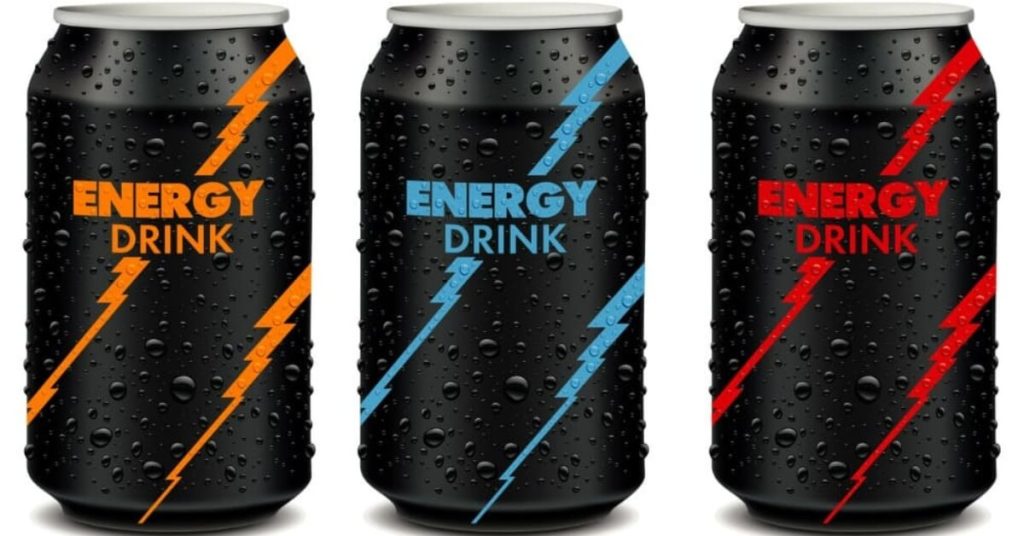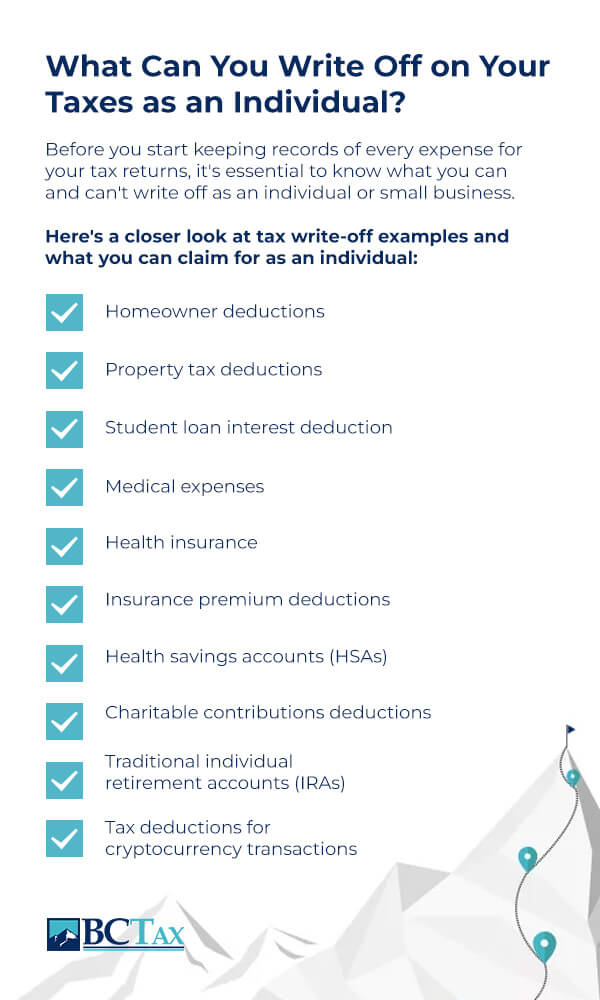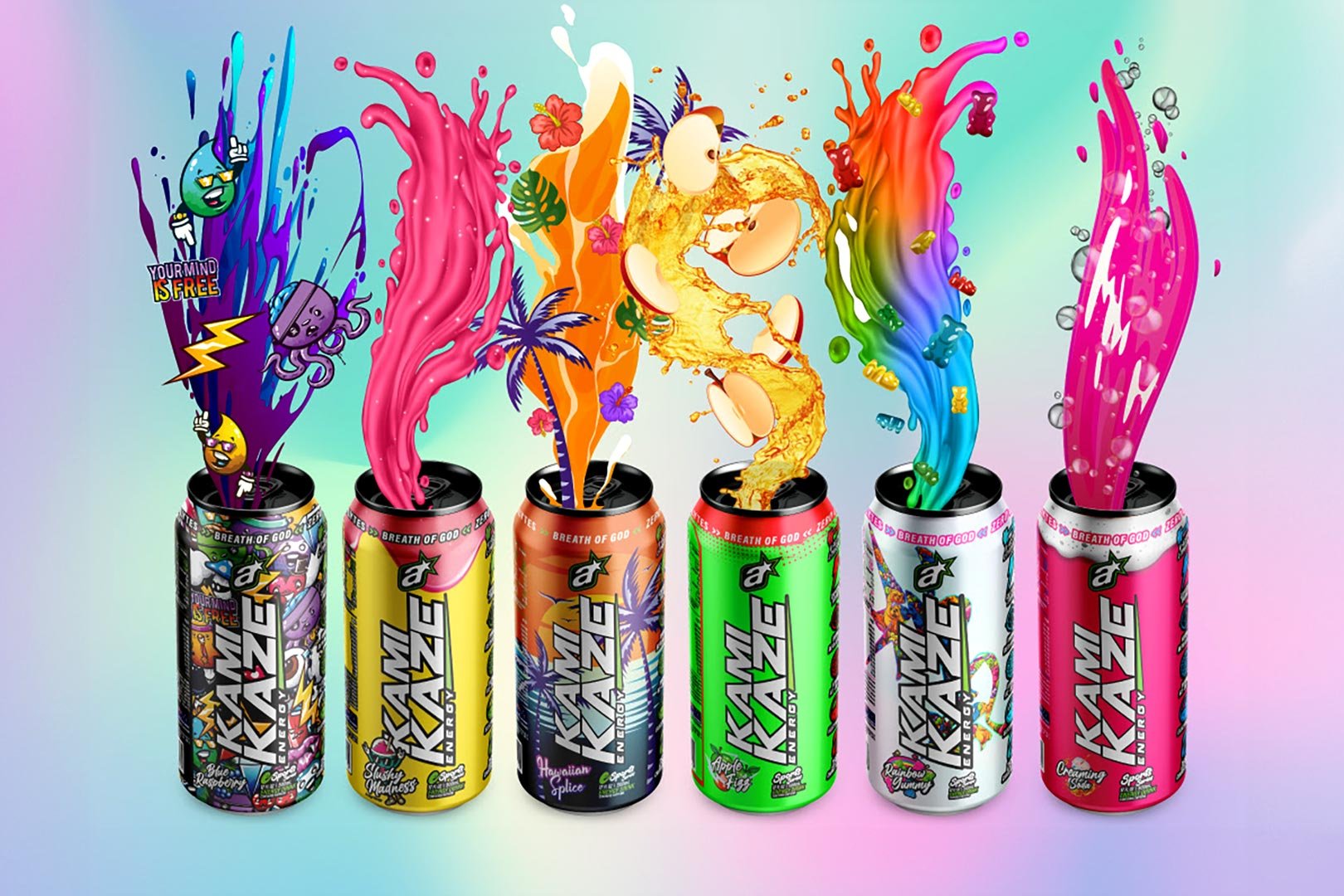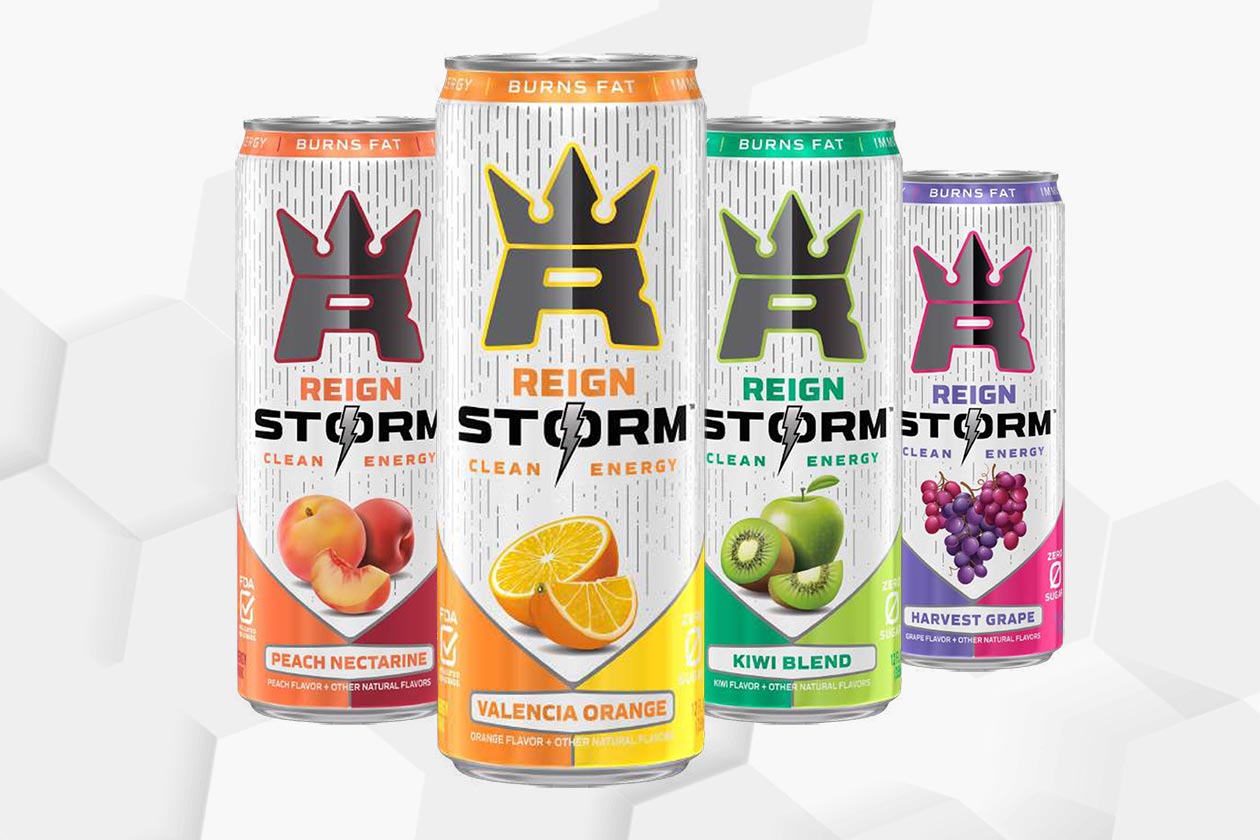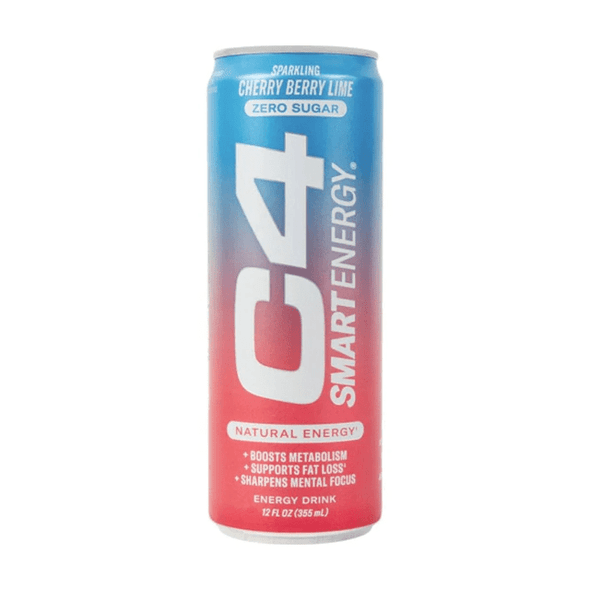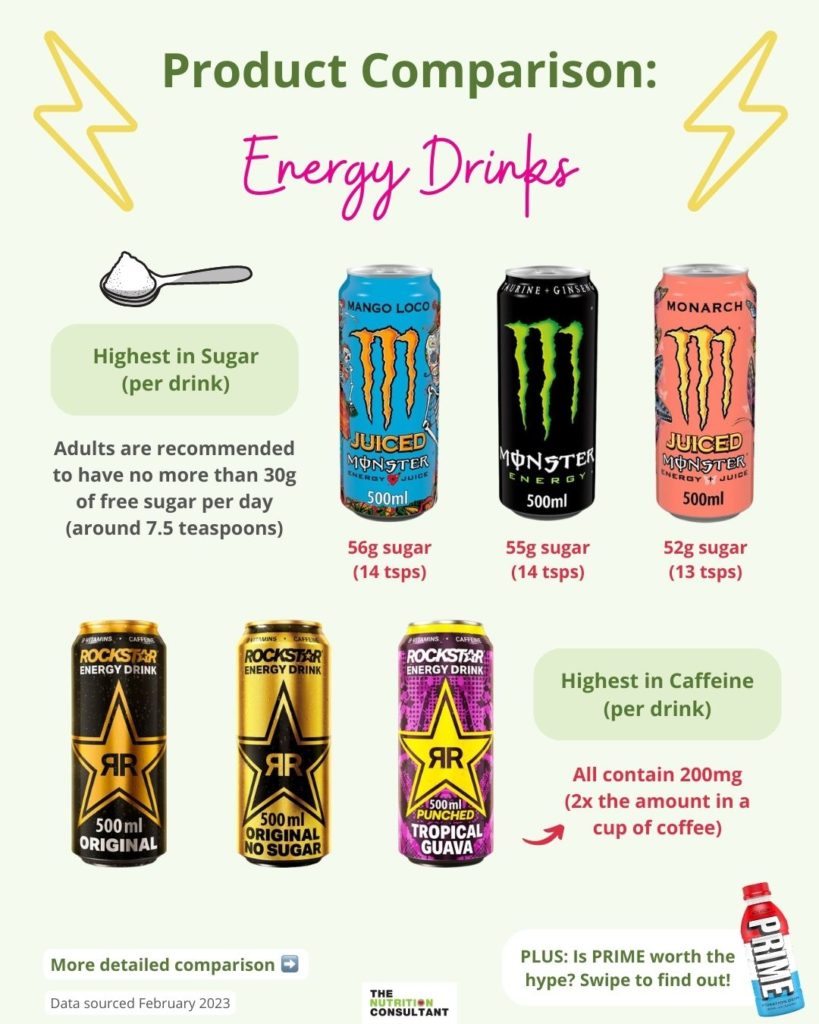Can You Write Off Energy Drinks

The question of whether energy drinks can be written off as a business expense has sparked considerable debate among tax professionals and business owners alike. While seemingly trivial, the issue highlights the complexities of navigating the tax code and the potential for both legitimate deductions and potential abuse.
This article delves into the nuances of deducting energy drinks as a business expense, examining relevant regulations, IRS guidelines, and potential scenarios where such deductions might be permissible. Understanding these rules is crucial for entrepreneurs and employees seeking to optimize their tax strategies while remaining compliant with the law.
The Basic Principles of Business Expense Deductions
Generally, businesses can deduct ordinary and necessary expenses incurred in the course of their trade or business, according to the Internal Revenue Service (IRS). An ordinary expense is one that is common and accepted in the taxpayer's industry, while a necessary expense is helpful and appropriate for the business. The IRS provides extensive guidance on what qualifies, but the interpretation can be subjective.
Directly attributing the energy drink to a business need is important. Personal, living, or family expenses are generally not deductible, according to IRS Publication 535. This is the key battleground in the energy drink deduction debate.
The Case for Deducting Energy Drinks
The argument for deducting energy drinks typically rests on the assertion that they are essential for maintaining productivity and focus during long work hours or demanding tasks. Imagine a construction worker battling summer heat or a long-haul truck driver fighting fatigue. These workers might argue energy drinks are not just a luxury, but a necessary aid to their jobs.
Certain professions might have a stronger case. For instance, a freelance programmer working through the night to meet a deadline might claim the energy drink directly contributed to their ability to complete the project on time, resulting in revenue for the business.
Some employers provide energy drinks to their employees, especially in industries with physically demanding jobs. In such cases, these could be considered deductible employee benefits, provided they are offered to all employees equally and consistently.
The Case Against Deducting Energy Drinks
However, the IRS scrutinizes such deductions closely, and the burden of proof lies with the taxpayer to demonstrate the direct connection between the energy drink consumption and the business activity. Lacking robust evidence, the IRS might deem the expenditure a personal expense, thereby disallowing the deduction.
A common argument is that alternatives like coffee, tea, or even adequate sleep could serve the same purpose, suggesting the energy drink is a matter of personal preference rather than a business necessity. The IRS views personal expenses as not deductible under any circumstances.
Furthermore, the lack of detailed record-keeping can undermine a taxpayer's case. Without receipts, logs documenting long work hours, or a clearly defined company policy on providing energy drinks, the IRS is unlikely to accept the deduction.
What The Experts Say
Tax professionals are divided on this issue. Some acknowledge the potential for legitimate deductions in specific circumstances, urging clients to keep meticulous records and consult with a qualified tax advisor.
"Document everything,"advises Sarah Johnson, a CPA specializing in small business taxes.
Other professionals are more skeptical, warning of the risks associated with claiming such deductions, especially if they appear excessive or unsubstantiated.
"It's a slippery slope,"says David Miller, a tax attorney. He warns,
"Trying to write off daily energy drinks could raise red flags with the IRS."
Practical Considerations and Best Practices
If you believe you have a legitimate case for deducting energy drinks, consider these guidelines: Keep detailed records of when, where, and why the energy drink was consumed. Link it directly to a specific business activity.
Be prepared to demonstrate that the energy drink was essential for completing the task and that reasonable alternatives were not readily available. Consider consulting with a tax professional to assess your specific situation and determine the best course of action.
Develop a clear company policy regarding employee benefits, including provisions for providing energy drinks. This can strengthen your case if the deduction is challenged during an audit.
The Broader Impact
The debate over deducting energy drinks extends beyond individual tax returns. It touches on broader questions about the definition of business necessity, the role of government in regulating personal choices, and the challenges of enforcing complex tax laws. It raises important points about the tax system.
The significance lies in illustrating the fine line between legitimate business expenses and personal expenditures and the ongoing need for taxpayers to exercise caution and diligence in their tax planning. By seeking professional advice and understanding the rules, taxpayers can navigate these complexities with confidence and avoid potential penalties.
Ultimately, the question of whether you can write off energy drinks is not a simple yes or no. It depends on the specific circumstances, the taxpayer's ability to provide adequate documentation, and the interpretation of the IRS. Proceed with caution and seek expert guidance to ensure compliance with the law.
